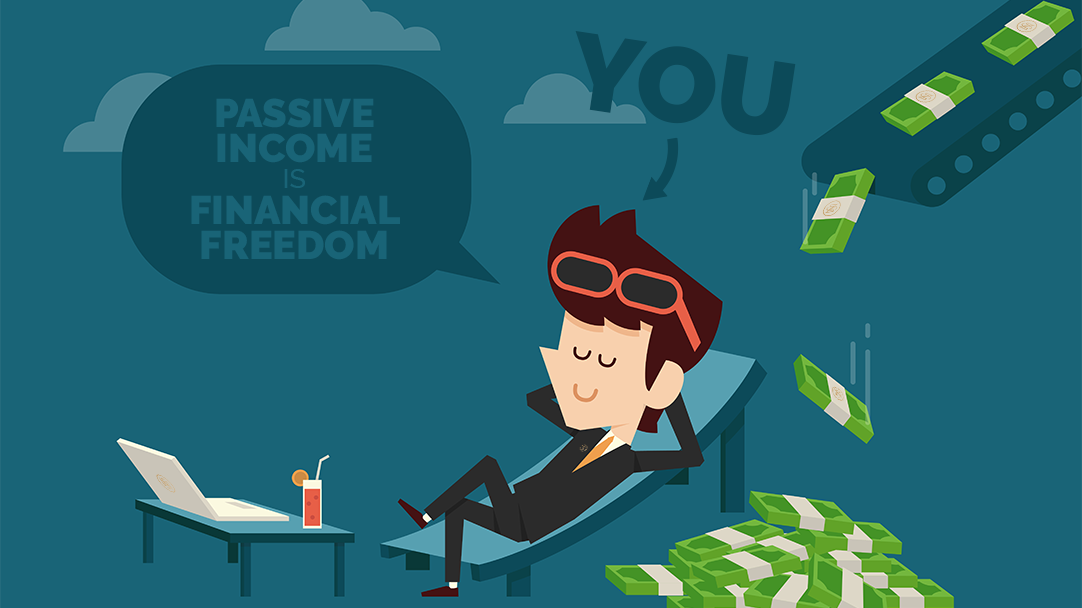Paying off your mortgage early – is it financially sensible?
Most homeowners dream of paying off their mortgage early and dream of the day they can be mortgage free. The fantasy of being mortgage free is easy to get caught up in. However, it is essential to take some time to think it through and consider if it is the most financially sensible decision long term.
This applies to your mortgage, whether it is for residential properties or buy-to-let. The financial implications of paying off your mortgage early will vary depending on your personal and business circumstances, and therefore, it requires careful and deliberate consideration.
Below we have provided you with questions you can ask yourself should you ever find yourself in this position. It’s a pretty comprehensive list, and it may even help you to think of your own questions depending on your personal situation.
Question 1 – What is happening with interest rates?
Current and predicted mortgage rates for the upcoming year will guide you on whether or not it’s the right time to pay it off. This is especially true for the buy-to-let market as there are some excellent fixed interest rate mortgages available at the moment. Interest rates remain low, but how long these rates will be available is hard to predict. It may be more advantageous to spend the money that could pay off your mortgage in further investments for a higher long-term return.
Question 2 – What is happening with inflation?
Realistically, what you can buy with £200K now will change drastically in the next twenty years. The longer you can hold onto a property, the more you will make when you decide to sell it. With this in mind, it makes sense to invest in property sooner rather than later to benefit from capital growth. If you rent the property straight away, then this income should cover your mortgage payments, meaning there will be less outlay for you.
Question 3 – Can your mortgage be paid off early?
Not all mortgages allow you to pay them off early. Unless stated in your mortgage terms that you intend to settle early, you may incur penalty charges for doing so. Generally, there’s a maximum amount of the loan that can be repaid within a fixed timeframe, usually around 10%. However, it is equally possible to have a mortgage without any repayment restrictions, particularly if you’ve been repaying the mortgage for a long time. We would always recommend checking your mortgage terms before attempting to settle early.
Question 4 – Are there smarter investment options?
Leveraging the equity in your property to invest in other properties with a good return is a viable option depending on finance rates. If you’re someone who views owning property as a career, rather than as a consequence of needing somewhere to live, then the cost of borrowing is going to be important to maximise your earnings.
Question 5 – What is your reason for settling your mortgage early?
Despite seeming like something to aim for, paying off your mortgage early shouldn’t be seen as the be all and end all. There is a common misconception that paying off your mortgage early will be the most beneficial for your next of kin should anything happen to you. However, most life insurance policies will cover mortgage repayments, which reduces the need to repay early. If the cost of repaying early is going to have a detrimental effect on your personal circumstances, it may not be worth the trade-off. Of course, an early settlement can be beneficial, but try not to get caught up in the notion that it’s a must.
Question 6 – Are you close to retirement?
If you are approaching retirement age, it might be worth considering an early repayment of your mortgage as your financial situation is likely to change when you stop working. As we get closer to retirement age, the less you want to have in the way of liabilities, which makes paying things off a much more attractive proposition. On the other hand, have you thought about cash flow from a property portfolio for retirement income?
Question 7 – Do you need your capital to be fluid?
When faced with the decision of paying off your mortgage or reinvesting, it is important to consider how you could be affected in a worst-case scenario such as sudden unemployment, serious illness, or unexpected repairs on properties. Repaying the maximum amount allowable could be a better long-term plan than paying off your mortgage entirely as this gives you wiggle room on your mortgage, as you will be ahead of your minimum payments.
In Summary
The purpose of this post is not to tell you what to do one way or another, but to get you to stop and consider all of your options before making a decision. If you decide to go ahead with your mortgage repayments, you should have peace-of-mind that this is the right option for you. If you decide to invest your money in other ways, we hope this has helped you identify how to make your money work harder.
The property market is ever-changing, and life can be unpredictable, so taking the time to re-evaluate the best course of action for you is essential.
If you would like to know how Nichol Smith Investments could make your money work harder for you, book a call with us via the link on our homepage.



